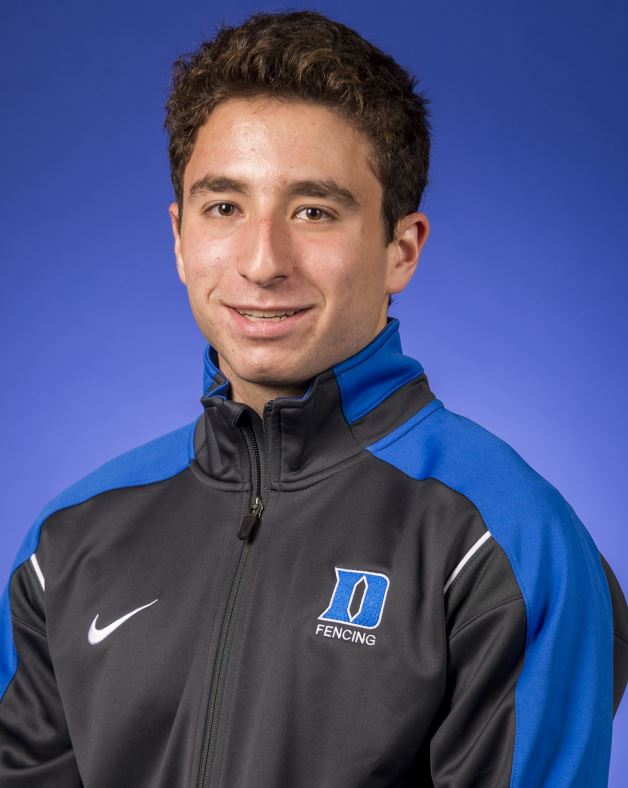
In the past few weeks, there has been a lot of news about the Duke-UNC Consortium for Middle East Studies (CMES) and how the department allocates its funds from the Department of Education. The CMES department received Title VI funding for all its activities, some of which were clearly anti-Israel and antisemitic.
This is extremely problematic, according to the U.S. Department of Human Health and Services, as “Title VI prohibits discrimination on the basis of race, color, or national origin in any program or activity that receives Federal funds or other Federal financial assistance.” It was also found that the consortium places a higher value on classes regarding Islamic studies at the expense of religious minorities in the region, such as Christians, Jews, Baha’is, Yazidis, Kurds and Druze. The Department of Education stated that the consortium “has failed to carefully distinguish between activities lawfully funded under Title VI and other activities” and are “plainly unqualified for taxpayer support.”
Despite this ongoing investigation into the funding of the program, the consortium kept its funding for the 2019-20 academic year. One of the main examples of the obvious anti-Israel and antisemitic bias found on these campuses was the “Conflict Over Gaza: People, Politics, and Possibilities” conference.
The supposedly “academic” and “open-minded” conference featured a Palestinian rapper who encouraged the crowd to sing along to a song whose lyrics said “I cannot be antisemitic alone […] let’s try it together.” What was supposed to be a political conference about the Israeli-Palestinian conflict quickly devolved into hate speech and was welcomed by the audience. On the heels of the new federal investigation of the Duke-UNC Middle East Studies program into its anti-Israel tendencies and misuse of federal grants to “advance ideological priorities,” it is increasingly important to show how dangerous this anti-Israel bias is on campus.
The fact that such a hateful event occurred on campus is (sadly) unsurprising considering the wider culture of anti-Israel hatred on campus. For example, groups such as Students for Justice in Palestine (SPJ), and even members of the Duke faculty and Duke University Press (DUP) openly support the anti-Israel and antisemitic BDS movement. From an “apartheid wall” to blatant antisemitic publications by the DUP, Duke University has a significant presence of underlying antisemitism. Because of this unfortunate reality, it is all the more necessary to fight for the truth.
Unfortunately, I have experienced the glaring effects of this bias firsthand. Last spring, I signed up for a class about social media and the Middle East taught by Dr. Rebecca Stein. Her first course of action was to show us selfies of Israel Defense Forces’ soldiers and asked the class: “What’s wrong with these?” Before even giving us time to answer, she explained that they were taken while the IDF “occupying forces” were waging a war in Gaza and killing innocent people. Of course, she had no information to back this up. She also didn’t think to mention why the IDF forces might be in Gaza in the first place. Of course, it was because Hamas, the terrorist organization that controls the Gaza Strip, was firing rockets at Israeli homes, schools and civilians. What about those innocent people?
“From an “apartheid wall” to blatant antisemitic publications by the DUP, Duke University has a significant presence of underlying antisemitism.”
Once she finished explaining this, I reasoned that this would be a good class to practice my debating skills. If her goal was to propagate one particular viewpoint about Israel, I wanted to try to respectfully make the case for the other side of the story, and argue that her opinions were delegitimizing and demonizing Israel, as well as perpetuating a double standard against its government.
Astoundingly, it quickly became clear that I would not be able to work on my debating skills because she told us that “she doesn’t care what prior knowledge or experience we have on the topic,” and that we would only discuss the documents she brought into class. These would obviously only reflect her very biased and skewed views, and would not give the class an objective view on the topic. I am open to studying articles and documents from both sides of the conversation, but only if there is the possibility to discuss the nuances of both. It’s remarkable that she didn’t care about our prior knowledge on the topic; imagine telling a student in a math class not to count on their fingers because it’s not relevant for differential equations.
How can the “Duke difference” be achieved if students’ opinions are smothered in class? As a student of a liberal-arts college, where Socratic discussion is key, how is it possible not to allow prior knowledge on the topic in the classroom?
Unfortunately, Dr. Stein is only one of many Duke faculty members who support the BDS movement. With the consortium receiving funding for the 2019-20 academic year despite both the investigation and the clearly hateful events of last year, it begs an important question: What are Duke University’s priorities? Do biased political propaganda and hate speech still fall under the umbrella of free speech? Where will Duke draw the line and put their foot down?
Originally published in jns.org.
Contributed by 2019-2020 Duke University CAMERA Fellow Ben Stone.

